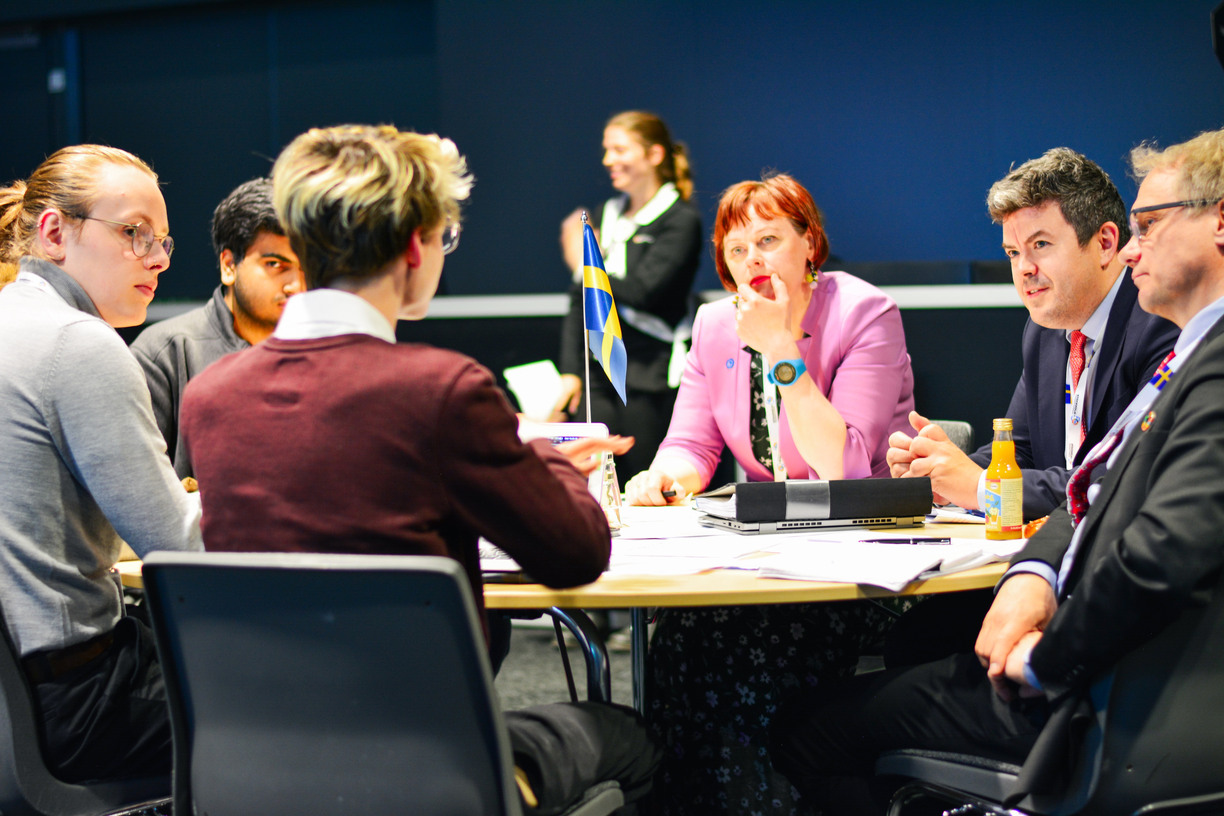
27 February 2023
The dialogue between the state and civil society needs to be fleshed out
It is easier for the government to initiate dialogue on issues on which it has an agenda than for civil society to get their issues on the agenda. That is one of the conclusions of a research report on "The Swedish National body for dialogue and consultation between the government and civil society" (NOD).
NOD was established in 2018 with the aim of facilitating collaboration between ministries and authorities at national level and civil society, also known as the non-profit sector. Between 2019 and 2022, researchers from Luleå University of Technology and Stockholm University have followed NOD's work continuously throughout the studied period.
- It was seen as a way to enable ongoing reflection in NOD's strategic and practical collaboration, says Malin Lindberg, professor within the research subject Design at Luleå University of Technology.
An ambition of NOD has been to develop and test new forms of dialogue and consultation between the government and civil society about current societal challenges. Malin Lindberg states that acute crises such as the corona pandemic and the war in Ukraine, as well as societal challenges with a longer time horizon, such as climate change, sustainable development and democracy, accelerated the development work of the cooperation body at the beginning of the studied period.
- The focus is now beginning to shift to the management and survival of NOD's operations by ensuring long-term funding, commitment and benefit.
Malin Lindberg concludes that the challenge in NOD is to create sufficient concreteness.
- NOD needs to transform the abstract ambitions of a good interaction between government and civil society into practical benefits in the form of dialogues and consultations on substantive issues that are relevant to both parties.
As an example that the work is heading in the right direction, she highlights the situational pictures with civil society's perspective on, among other things, VAT and tax issues as well as the reform of the Employment Service which has been developed within the framework of NOD.
- Going forward, it will be exciting to see how NOD will make use of the lessons learned from its first years to clarify and strengthen the benefits of this kind of joint support structure. Not least in terms of the benefit of being a platform shared by the parties, in contrast to, for example, the ministries' own expert councils.
Malin Lindberg has carried out the research together with Niklas Hill, then a doctoral student at Stockholm University, now a researcher at Södertörn University.
Contact
Malin Lindberg
- Professor
- 0920-491082
- malin.lindberg@ltu.se
- Malin Lindberg
Published:
Updated:
